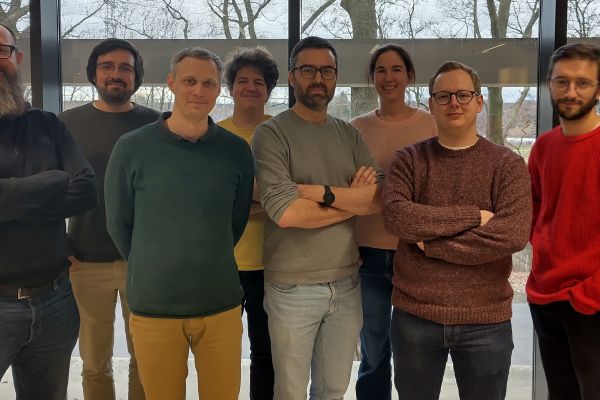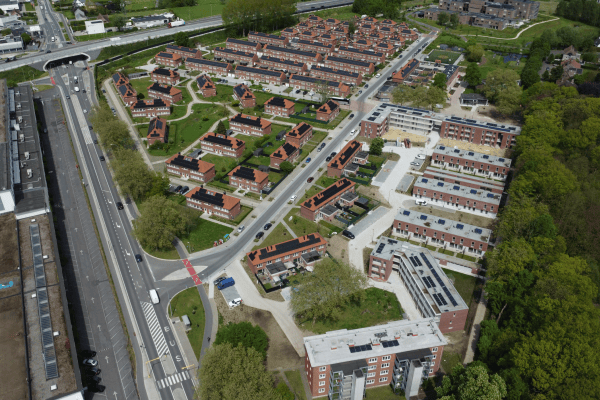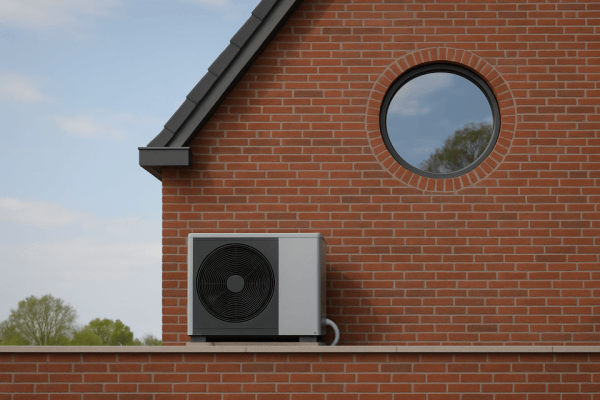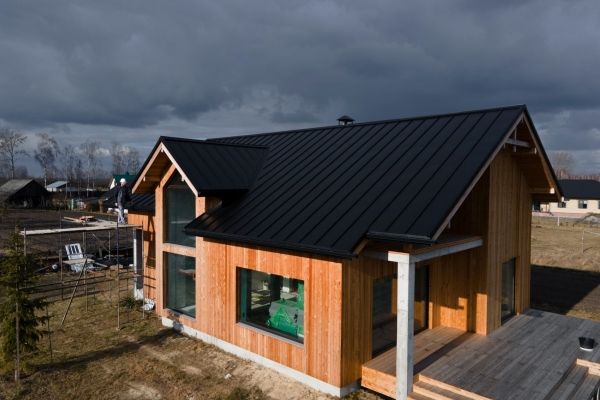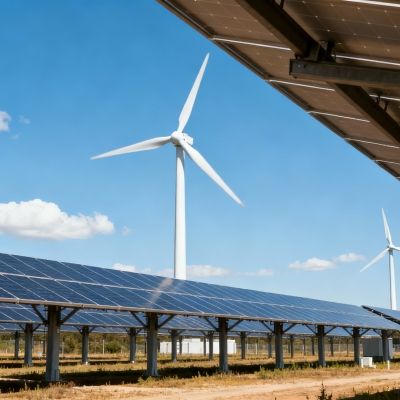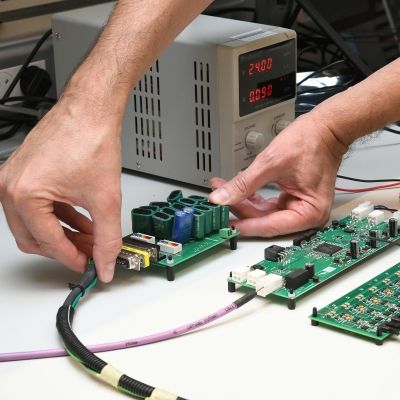EnergyVille partners launch major study into sustainable energy for the Einstein Telescope
Commissioned by the Einstein Telescope EMR project office, a research consortium comprising EnergyVille partners Hasselt University, KU Leuven, VITO, and imec will investigate how the Einstein Telescope in the Meuse-Rhine Euroregion can be powered using sustainable energy. The study will also identify the associated challenges and opportunities, as well as the costs involved. The Flemish Government is allocating €500,000 to support this study.
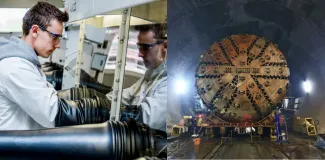
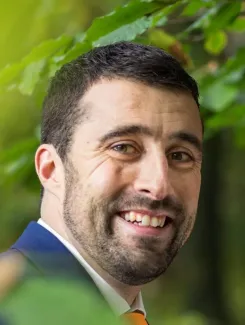
Interview with John van Oorschot (VITO): ‘Working step by step towards sustainability and circularity’
What exactly do you do?
‘We are investigating the possibilities for building and operating a sustainable Einstein Telescope and repurposing it after a 50-year lifespan. In doing so, we are paying maximum attention to the circularity of the materials used. This is a very broad playing field: from the use of materials in the construction of tunnels to how you deal with drained water.’
Powering the Einstein Telescope
“In this energy study, we’re examining how much energy the Einstein Telescope will require during both its construction and operational phases, the type of electricity network and battery storage that will be necessary, and how all this can be implemented as sustainably as possible. Our findings should strengthen the case to have the Einstein Telescope established in the Euroregion,” says Professor Dr Bart Vermang (EnergyVille/UHasselt/imec), who is leading the research.
Ensuring benefits for local residents
Johan Rutten, environmental and sustainability manager for the Einstein Telescope, states: “This study on a sustainable energy system is not only of operational value to the Einstein Telescope, but it also helps avoid climate and environmental impacts, such as carbon footprint and issues like acidification and eutrophication. Furthermore, we hope this research will enable the local population to benefit from sustainable energy provision.”
Throughout all project phases—from the start of construction, to operation, and even decommissioning after 50 years—the telescope will require sustainable, reliable energy solutions that do not disturb the local community or environment. The collaboration between EnergyVille partners KU Leuven, VITO, and imec, led by Hasselt University, aims to deliver a comprehensive plan that will support the bidbook to bring the telescope to the Euroregion.
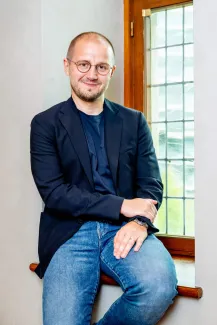
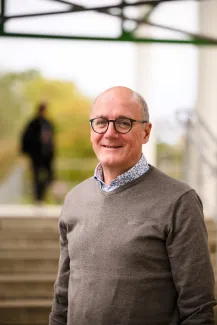
The energy study: 4 work packages
Each of the four work packages is led by one of the research partners:
1. Energy Modelling
VITO will launch a study to identify the diverse energy requirements of the Einstein Telescope in terms of electricity, heating, and cooling. Researchers will also explore cost-efficient implementation. “A fully integrated systemic energy model, which considers electricity, heating/cooling, storage, and financial aspects, is vital for a project of this magnitude,” says Dr Ir. Michiel Ritzen, lead researcher at the EnergyVille & VITO Centre of Expertise for Sustainability and Circularity Evaluation. “By uniting the strengths of all EnergyVille institutions, we aim to contribute to an excellent bidbook.”
2. Energy Production
UHasselt and imec will explore suitable energy sources to ensure reliable supply to the Einstein Telescope. Focus will be on sustainable, renewable sources to minimise environmental impact. “Primarily, we are considering solar energy,” notes Professor Dr Bart Vermang (UHasselt/imec). “Solar panels can be installed close to the telescope, cause no disruption to the surroundings, are modular, and can be scaled as needed. Unlike wind turbines, they do not produce vibrations that could interfere with the telescope’s measurements.”
3. Energy Transmission
KU Leuven and VITO will design a high-stability electricity network. This includes the development of an advanced grid and a digital twin at EnergyVille for simulation purposes. “The Einstein Telescope imposes much more specific requirements on the power grid than traditional consumers,” explains Professor Wilmar Martinez (EnergyVille/KU Leuven). “We’re creating an innovative network design that combines stability, sustainability, and efficiency. Using a digital twin, we can simulate and optimise multiple scenarios for a future-proof solution.”
4. Energy Storage
To ensure continuous energy supply, UHasselt and VITO will investigate optimal energy storage systems. “We will screen and analyse all options within this work package. Given the complexity of the infrastructure and the importance of a stable energy supply, smart storage systems are increasingly essential,” says Michiel Ritzen (EnergyVille/VITO). “It is logical that we, as EnergyVille partners, conduct thorough research into future-proof energy storage solutions.”
EnergyVille Expertise
“This project highlights the strength of EnergyVille: through our unique collaboration, we combine all the necessary knowledge on sustainable energy solutions. We are proud to contribute our expertise to a future-oriented energy system for the Einstein Telescope,” say the EnergyVille partners.
The study has been commissioned by the ET EMR project office and is financially supported by the Research Foundation – Flanders (FWO).
About the Einstein Telescope
The Einstein Telescope will be an underground observatory built 300 metres below the surface, consisting of three arms, each ten kilometres long. It will enable scientists to detect gravitational waves and peer deeper into the universe than ever before—even back to the Big Bang. In 2027, European ministers will decide where the telescope will be constructed. The Euroregion, spanning Belgium, the Netherlands, and Germany, is one of the candidates, alongside Sardinia in Italy and Saxony in Germany.




